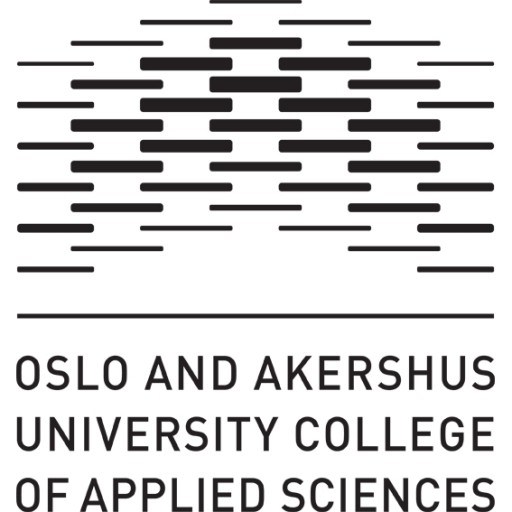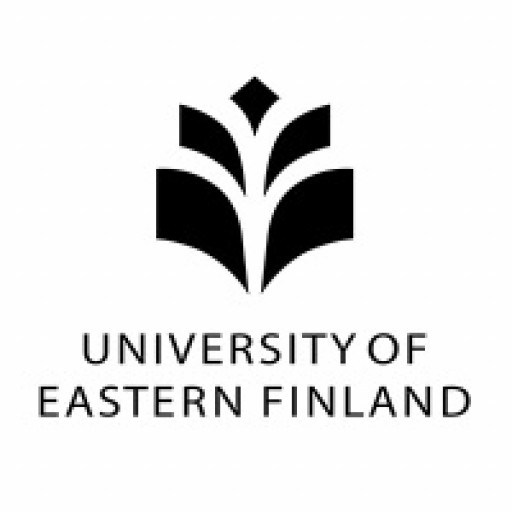The Pathway to Teaching Birth from Western Sydney University is a comprehensive preparatory program designed to equip aspiring educators with the essential skills, knowledge, and practical experience necessary to excel in the early childhood education sector. This pathway program offers a structured and supportive learning environment that combines theoretical foundations with hands-on training, enabling students to develop a deep understanding of childhood development, pedagogical strategies, and classroom management techniques. Throughout the course, students engage in a variety of coursework that covers key areas such as child psychology, curriculum planning, inclusive education, and ethical practices in teaching. The program also emphasizes the importance of cultural competence and community engagement, preparing graduates to work effectively with diverse populations. Practical placements in local early childhood education settings are integral to the curriculum, allowing students to apply their learning in real-world environments under the supervision of experienced educators. This blend of academic study and practical experience ensures that graduates are well-prepared for entry into the profession and capable of making a positive impact on young children's lives. Additionally, the program fosters professional development and lifelong learning skills, encouraging students to stay current with emerging trends and innovative teaching practices. Upon successful completion of the Pathway to Teaching Birth, graduates are eligible to progress to further postgraduate studies or directly enter the early childhood teaching workforce. Combining academic rigor with practical relevance, the program aims to cultivate highly competent and confident educators committed to nurturing the potential of every child.
Australian Children's Education and Care Quality Authority (ACECQA); NSW Education Standards Authority (NESA)
The Pathway to Teaching (Birth to Year 12) program at Western Sydney University is designed to equip students with comprehensive knowledge and practical skills necessary for a career in teaching. To successfully complete this pathway, students are required to meet several academic and practical requirements. Firstly, students must complete a series of core courses that provide foundational knowledge in education theory, child development, and pedagogical practices specific to early childhood and primary education. These courses include subjects related to curriculum design, assessment strategies, behavior management, and inclusive education practices.
In addition to coursework, students are mandated to undertake practical placement experiences in educational settings. These placements are integral to the program, providing hands-on teaching experience, classroom management skills, and real-world understanding of student needs across diverse learners. The number and duration of placements are specified to ensure adequate field experience; typically, students participate in supervised teaching practicums spanning several weeks, distributed over multiple semesters.
Academic performance standards are strictly enforced, with students required to maintain a minimum GPA, often around 4.0 on a 7.0 scale, to progress through the program. To qualify for admission into the teacher registration pathway, students must also demonstrate satisfactory performance in coursework and placement assessments, as well as meet professional conduct requirements. Additionally, students are expected to complete compulsory workshops on ethics, professionalism, and legal responsibilities in teaching.
The program also emphasizes the development of effective communication, leadership, and collaboration skills essential for educators working with children from birth to Year 12. Upon successful completion of all coursework, placements, and assessments, students are awarded a pathway qualification, which provides the basis for applying for teacher registration with relevant accrediting bodies. Continual assessment through written assignments, practical evaluations, and reflective journals ensures students are prepared for the demands of a teaching career. The Western Sydney University pathway program thus combines theoretical knowledge with extensive practical experience to develop competent, confident educators ready to support young learners across the educational spectrum.
The financing of the Pathway to Teaching - Birth program at Western Sydney University involves a combination of government funding, student contributions, and potential financial assistance options. As an Australian university, Western Sydney University primarily relies on a combination of Commonwealth supported places (CSP) and full-fee paying options for international students, which significantly influence the cost structure of its programs. For domestic students, the government subsidizes a portion of the tuition fees through CSPs, substantially reducing the financial burden, while international students are required to pay the full tuition fees set by the university.
The program's fees for international students are determined annually and can vary based on currency fluctuations and policy changes. Domestic students can often access Commonwealth Supported Places, enabling them to pay a student contribution amount considerably lower than full tuition fees. Additionally, the university offers various financial assistance schemes such as FEE-HELP, a government loan scheme that allows eligible students to defer part or all of their tuition fees. Applicants are encouraged to explore eligibility criteria for FEE-HELP or other Commonwealth assistance programs to reduce immediate financial pressures.
Western Sydney University also provides scholarships and bursaries aimed at supporting students pursuing careers in education, including those enrolled in pathways programs like this one. These scholarships can offset tuition costs, provide living stipends, or offer other financial benefits and are often merit-based or need-based. Students are advised to regularly check the university’s scholarships webpage for updated opportunities and application deadlines.
Apart from government and institutional funding, students may seek external financial sources or part-time employment to support their studies. The university's campus facilities and location facilitate part-time work opportunities, which can help students manage their expenses. Financial planning, including budgeting for tuition, textbooks, living costs, and other expenses, is recommended for prospective students. Western Sydney University’s financial services and student support teams provide guidance to help students navigate available funding options and plan their finances effectively throughout their studies.
Overall, the financing of the Pathway to Teaching – Birth program is designed to be accessible through a combination of government subsidies, loan schemes, scholarships, and personal financial planning, ensuring enrolled students can focus on their academic and professional development with manageable financial commitments.
The Pathway to Teaching Birth from Western Sydney University is a specialized preparatory program designed to equip prospective educators with the foundational knowledge and practical skills necessary for a career in early childhood education. This program focuses on providing students with a comprehensive understanding of child development, pedagogy, and classroom management, tailored specifically for teaching children from birth to five years old.
Throughout the course, students engage in a variety of theoretical and practical learning experiences. The curriculum includes modules on developmental psychology, contemporary early childhood education practices, and inclusive teaching strategies. Practical experience is a significant component, with placements in early childhood settings such as preschools, nurseries, and community-based childcare centers. These placements enable students to observe and participate in real-world teaching environments, fostering hands-on skills and professional confidence.
Western Sydney University emphasizes a strong commitment to inclusive education, cultural responsiveness, and fostering positive learning environments. The program also covers topics related to health and safety, nutrition, and family engagement, ensuring that future teachers are well-prepared to support children's overall wellbeing. The faculty comprises experienced educators and researchers dedicated to mentoring students and supporting their professional development.
Graduates of the Pathway to Teaching Birth program are well-positioned to pursue registration with relevant teaching authorities and to work as early childhood educators, childcare directors, or specialists in child development. The program also serves as a stepping stone for further academic pursuits in education, such as bachelor’s or master's degrees in early childhood education. By completing this pathway, students gain not only the necessary qualifications but also a deep understanding of the importance of early childhood education and the impact of quality care and learning experiences in shaping children's futures.
The program is designed to be accessible and flexible, accommodating students from diverse backgrounds. It combines online learning modules with face-to-face classes and practical placements, ensuring a well-rounded educational experience. Western Sydney University’s strong industry connections and location within a vibrant, multicultural community enrich the learning environment, providing students with diverse perspectives and opportunities. This pathway program ultimately aims to prepare dedicated, knowledgeable, and compassionate educators who can contribute positively to the development of young children and to the broader community.









